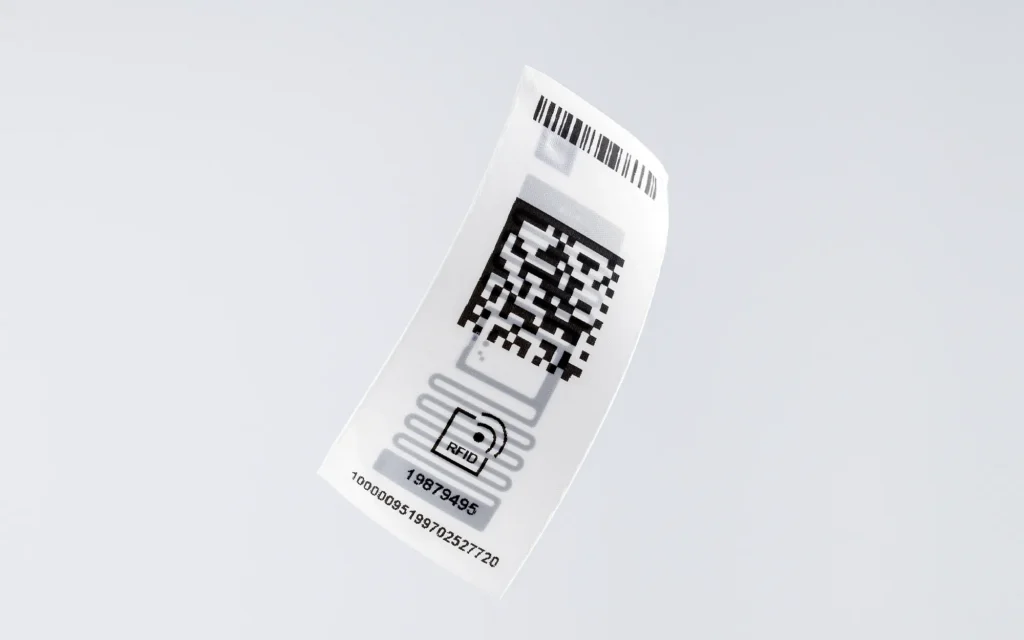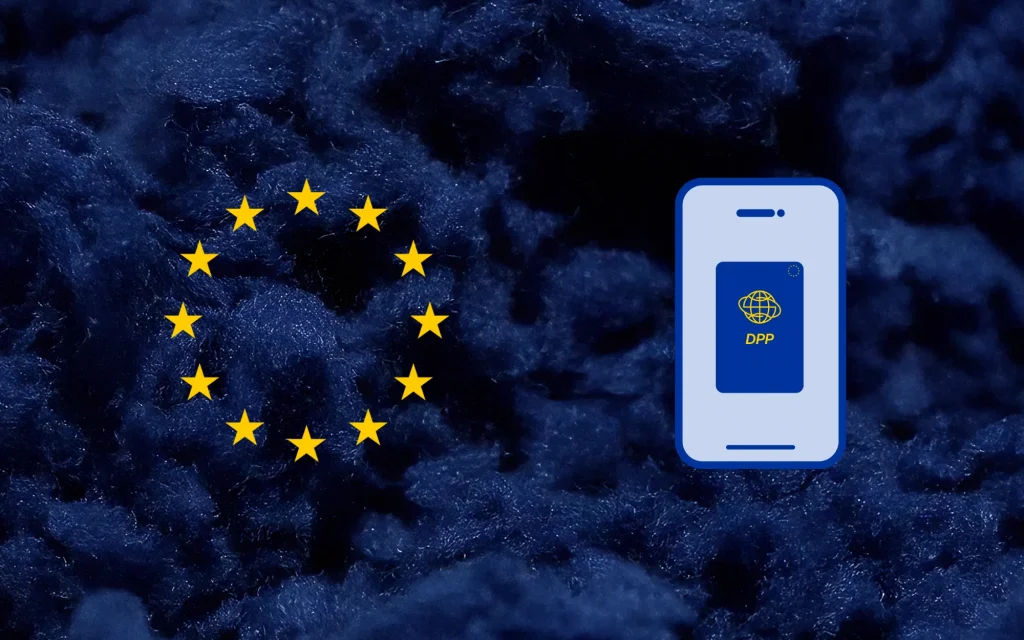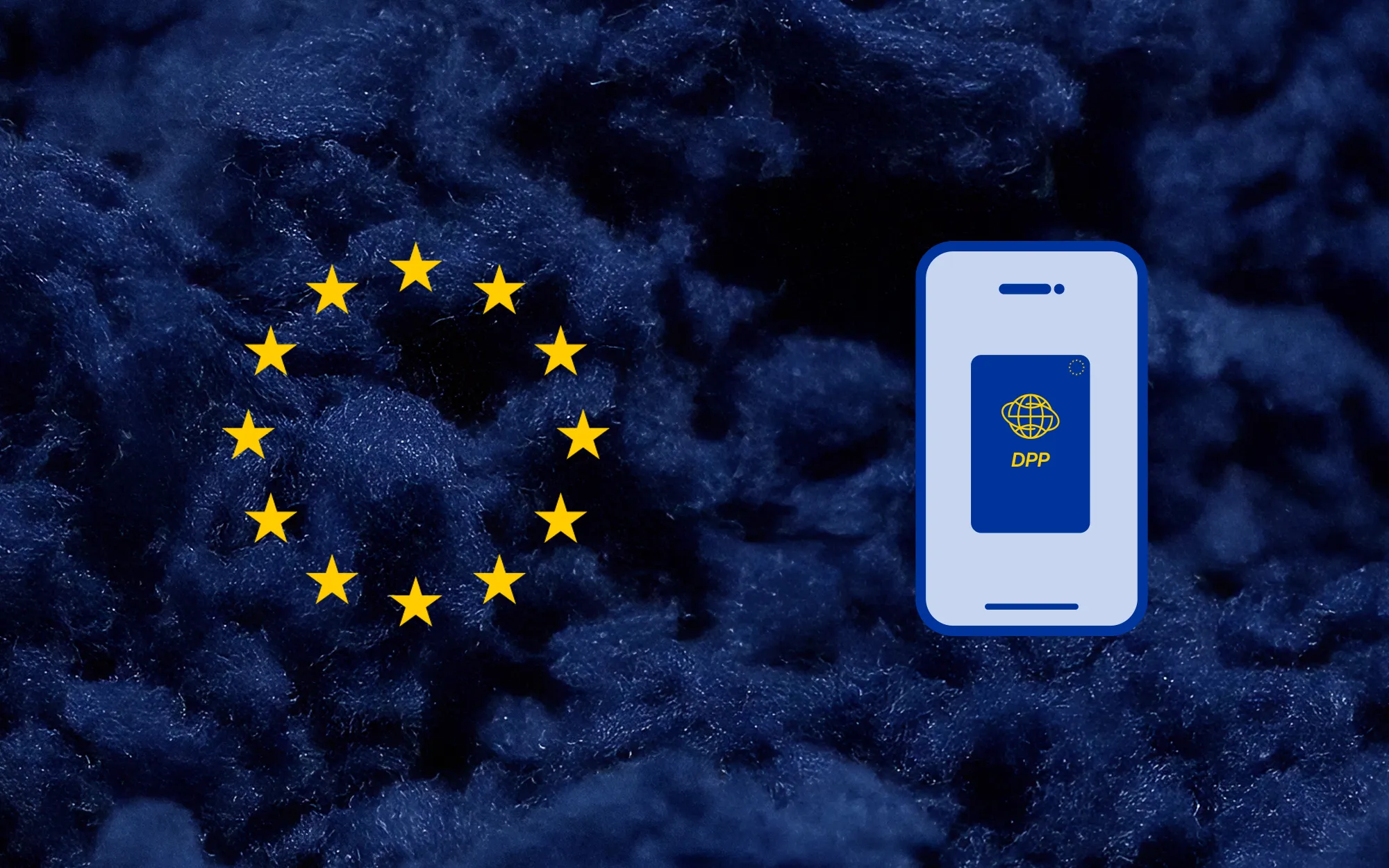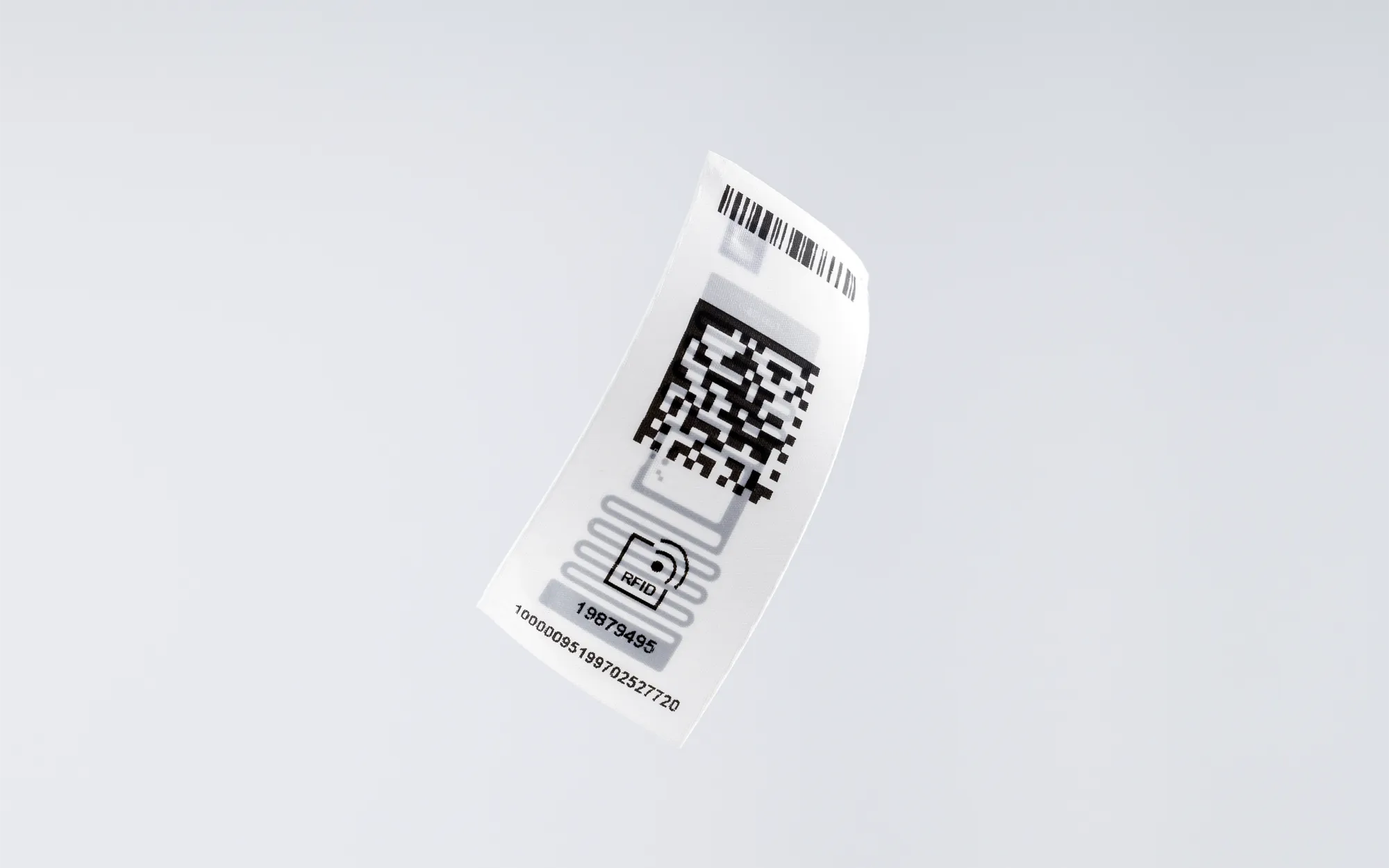Digital Product Passport: traceability and eco-responsibility
In an increasingly polluting textile sector, the Digital Product Passport stands out as an innovative solution to make fashion more sustainable. This technology revolutionizes product traceability, offering transparency and eco-responsibility.
13/03/2025
Digital passport
Sustainability
Circular economy
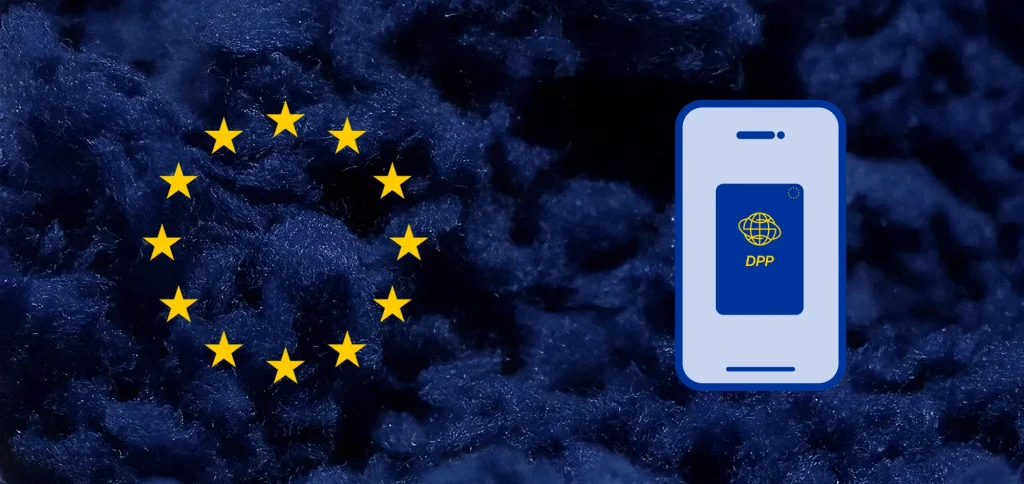
What is the Digital Product Passport in the textile industry ?
The Digital Product Passport is a digital solution that allows detailed information about a product to be stored and shared throughout its value chain. In the textile sector, it primarily concerns the composition of items (fibers, materials used, etc…), their manufacturing conditions, and their recyclability. Like a traditional « passport, » it enables a product to retain its history and essential information, accessible to all stakeholders in the production chain, from manufacturers to consumers.The Digital Product Passport addresses a growing need for traceability in the textile industry. With technologies like blockchain or decentralized databases, it is now possible to track a product from its conception to its end of life. This ensures not only the origin of raw materials but also compliance with environmental and social standards. For example, the organic cotton used in a garment can be traced from cultivation through manufacturing to sale, guaranteeing its authenticity.
Sustainability drives digital transformation
One of the main advantages of the Digital Product Passport in the textile industry is its potential to promote eco-responsibility. By making information about materials, production, and end-of-life easily accessible, this system allows consumers to make more informed choices. They can prioritize products made with sustainable and recyclable materials while supporting environmentally friendly production practices.

A tool for the circular economy and sustainability
The European Union has taken significant steps to promote the implementation of the Digital Product Passport in the fashion and other industries. The European Regulation aims to establish a common framework for collecting, sharing, and managing product information. This regulation will encourage full transparency about products, facilitating the adoption of sustainable practices by companies.
Supported by European regulatory initiatives, the Digital Product Passport could transform the textile industry. Upcoming legislation will impose stricter requirements regarding product sustainability and recyclability, providing companies with the necessary tools to comply while minimizing their environmental impact.
Markting advantage of the Digital Product Passport
Although implementing the Digital Product Passport requires an initial investment, it offers fashion brands a unique opportunity to differentiate themselves in the market. By providing full transparency about the composition of their products, brands can build consumer trust while meeting increasingly stringent sustainability requirements. This becomes a genuine marketing asset, as consumers are increasingly inclined to support brands committed to the environment.

Regulatory perspectives of the Digital Product Passport in the European Union
The European Union has taken significant steps to promote the implementation of the Digital Product Passport in the fashion and other industries. The European Regulation on the Digital Product Passport aims to establish a common framework for collecting, sharing, and managing product information. This regulation will encourage full transparency about products, facilitating the adoption of sustainable practices by companies.
Supported by European regulatory initiatives, the Digital Product Passport could transform the textile industry. Upcoming legislation will impose stricter requirements regarding product sustainability and recyclability, providing companies with the necessary tools to comply while minimizing their environmental impact.
The Digital Product Passport: leading the way in sustainable fashion
The Digital Product Passport represents a major turning point for the textile industry. It combines digitalization, eco-responsibility, and the circular economy, enabling better product traceability and more sustainable resource management. As European regulation intensifies to govern this innovation, the Digital Passport is becoming an indispensable tool for brands aiming to embrace responsible fashion.

